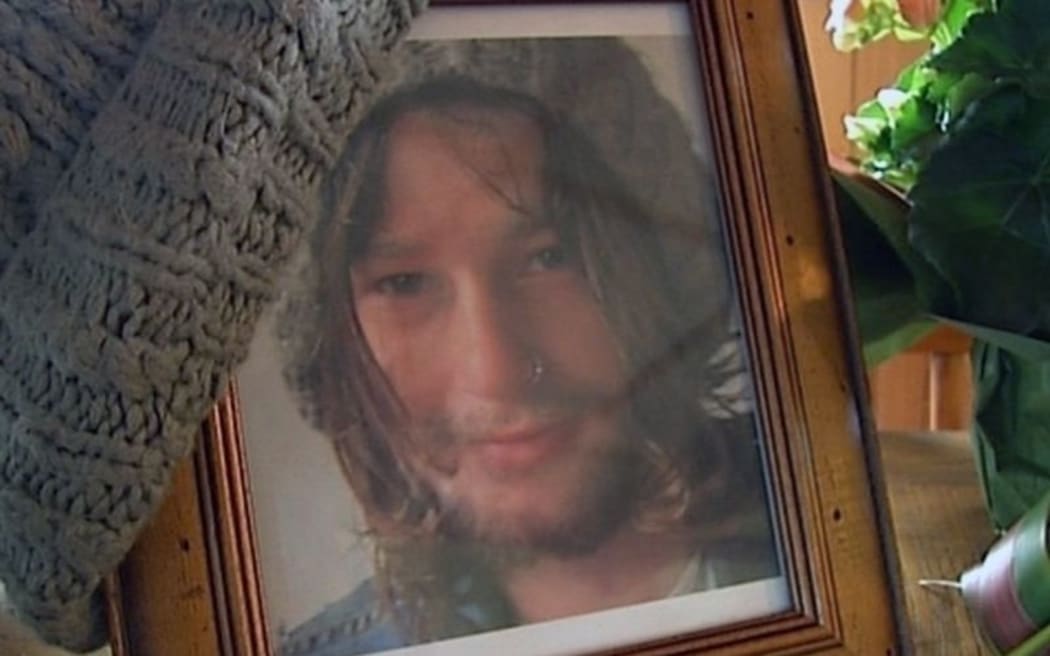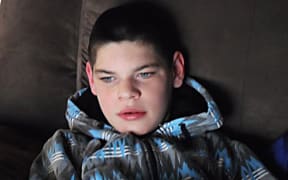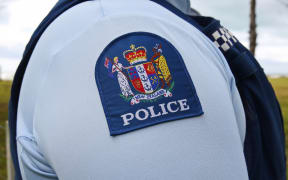Most district health boards are not keeping records of self-harm at respite centres for mental health patients.
Mental health respite centres look after patients who are in crisis, and are too ill to stay at home but not sick enough to be admitted to a psych ward.
District Health Boards contract out the services.
Documents obtained under the Official Information Act reveal 11 out of 20 DHBs don't require individual centres to report back on patients harming themselves.
Of those who do, only Whanganui District Health Board has had no incidents over the last five years.
Canterbury has the highest number of cases of self-harm, with 23 over the past year alone.
Waikato DHB is one of the 11 who do not collect the information.
Andy Colwell is a mental health social worker and on the Public Service Association's mental health committee.
He said DHBs should know what was happening to patients in respite facilities to ensure they were being looked after properly.
"It's seems clear the DHBs aren't getting the information they need.
"I don't think they have much detail about what's going on at respite facilities," Mr Colwell said.
He said in some cases workers were dealing with patients who have been pushed out from overcrowded acute hospital services.
Three DHBs do not officially require respite workers to have any qualifications at all, and only Wairarapa insists every centre has a nurse rostered on during the day.
Eight DHBs have clinical staff overseeing respite care, but are not required to actually be at the facilities.
Health Minister David Clark declined to comment saying it was a matter for the DHBs.
Respite care a lucky dip - Jane Stevens
Jane Stevens, whose son killed himself two years ago, said it was appalling.
Her son, Nicky had attempted suicide at a respite centre in Hamilton before he killed himself in hospital care two years ago.

Nicky Stevens Photo: Give a Little
"He had not been provided with the care he should have been," Ms Stevens said.
"I am still searching for answers and it's difficult because these services were contracted out."
Ms Stevens said respite care was a lucky dip, and there was a lack of accountability and reporting.
Where to get help:
Need to Talk? Free call or text 1737 any time to speak to a trained counsellor, for any reason.
Lifeline: 0800 543 354
Suicide Crisis Helpline: 0508 828 865 / 0508 TAUTOKO (24/7). This is a service for people who may be thinking about suicide, or those who are concerned about family or friends.
Depression Helpline: 0800 111 757 (24/7)
Samaritans: 0800 726 666 (24/7)
Youthline: 0800 376 633 (24/7) or free text 234 (8am-12am), or email talk@youthline.co.nz
What's Up: online chat (7pm-10pm) or 0800 WHATSUP / 0800 9428 787 children's helpline (1pm-10pm weekdays, 3pm-10pm weekends)
Kidsline (ages 5-18): 0800 543 754 (24/7)
Rural Support Trust Helpline: 0800 787 254
Healthline: 0800 611 116
Rainbow Youth: (09) 376 4155
If it is an emergency and you feel like you or someone else is at risk, call 111.





